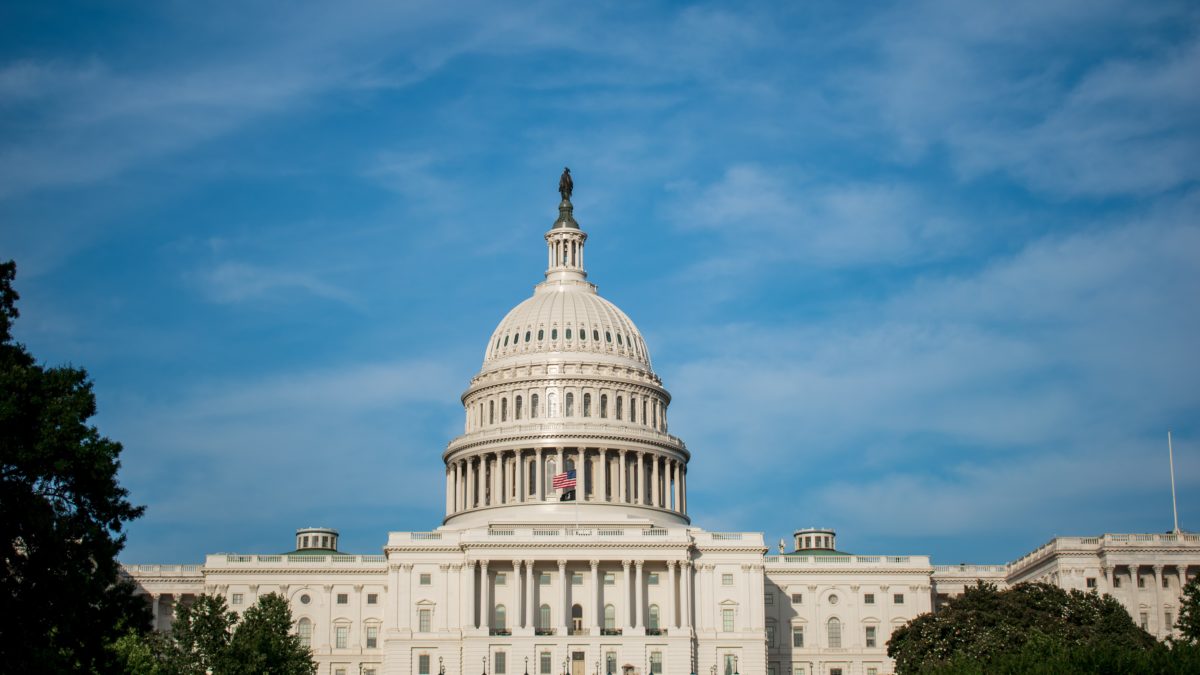The 411 on the Build Back Better Act

A few weeks ago, the Build Back Better Act (BBBA) was announced: a $1.75 trillion spending proposal that has the potential to dramatically transform America’s early child care ecosystem, combat climate change, and provide affordable health care.
The framework, which includes $400 billion for early childhood initiatives, is currently in the hands of Congress and under active debate. What does the Build Back Better Act include and, if passed, how might it impact the early childhood landscape? Keep reading to find out.
Q: What is the Build Back Better Act?
A: The BBBA is a $1.75 trillion spending proposal that includes many elements of President Biden’s policy agenda. It includes an expansion of affordable health care, investments in affordable housing, immigration reform, and initiatives to combat climate change.
Q: How could it help children and families?
A: Although the BBBA includes many elements that impact the daily lives of children and families, it specifically includes a substantial investment in early childhood education and an expansion of the Child Tax Credit.
These two initiatives have the potential to transform daily life for many middle-class families in the United States.
Q: What early childhood education initiatives are in the BBBA?
A: The BBBA includes two historic investments in early care and education: two years of universal preschool and a sliding scale limit on child care costs for families. This marks the largest expansion of universal and free education since public high schools were established.
The BBBA framework will enable states to expand access to free preschool education for more than 6 million children per year. It will also include support to increase the quality of pre-existing programs for children who are currently enrolled.
Q: Why is universal access to child care important?
A: Access to high-quality, affordable child care has a tremendous impact on the lives of children and families. When families have access to child care, it increases the likelihood that parents are employed or enrolled in education, while providing lifetime benefits for children.
Additionally, the cost of child care in America is staggering. In Onslow County, families spend 22 percent of their income on child care costs. The BBBA, however, would make child care free for low-income families making less than 75 percent of the state median income—and would include a progressive sliding scale that caps child care costs for middle-income families at 7 percent or less of their annual income.
Q: What else does the BBBA offer to children and families?
A: The BBBA will extend the Child Tax Credit and provide monthly payments for nearly 90 percent of American children in 2022.
This includes $300 per month for children under the age of six and $250 per month for children between the ages of 6 and 17.
Q: What’s the current status of the BBBA?
A: As of November 2021, Congress is negotiating elements of the bill. The House of Representatives and the Senate will need to pass the bill before it is signed into Law. Since the bill is under debate, certain elements may shift in time.
Follow our social media for up-to-the-minute information as we learn more about BBBA and how it may impact the Onslow County community.
Sources
- https://hunt-institute.org/wp-content/uploads/2021/11/Hunt-Institute-Build-Back-Better-Guide-for-Policymakers-11.1.21-1.pdf?utm_source=Master+List&utm_campaign=fb83aab416-EMAIL_CAMPAIGN_2019_10_29_09_12_COPY_02&utm_medium=email&utm_term=0_3899c3c7c1-fb83aab416-222614910
- https://www.whitehouse.gov/build-back-better/?utm_source=Master+List&utm_campaign=fb83aab416-EMAIL_CAMPAIGN_2019_10_29_09_12_COPY_02&utm_medium=email&utm_term=0_3899c3c7c1-fb83aab416-222614910
- https://www.childrensdefense.org/build-back-better/
